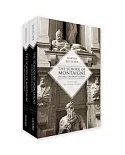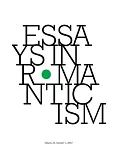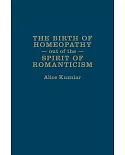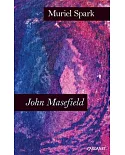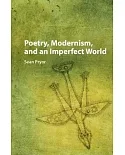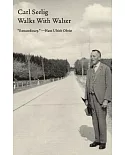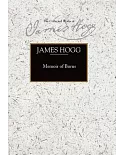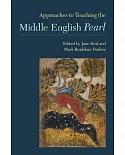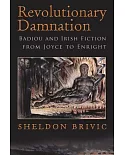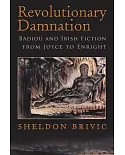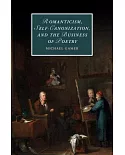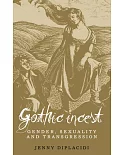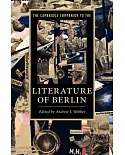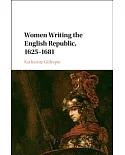Twentieth-century authors were profoundly influenced by changes in the way nations and states governed their citizens. The development of state administrative technologies allowed Western
states to identify, track and regulate their populations in unprecedented ways. Patricia E. Chu argues that innovations of form and style developed by Anglo-American modernist writers chart
anxieties about personal freedom in the face of increasing governmental controls. Chu examines a diverse set of texts and films, including works by T. S. Eliot, Katherine Mansfield, Zora Neale
Hurston and others, to explore how modernists perceived their work and their identities in relation to state power. Additionally, she sheds light on modernists' ideas about race, colonialism
and the postcolonial, as race came increasingly to be seen as a political and governmental construct. This book offers a powerful critique of key themes for scholars of modernism, American
literature and twentieth-century literature.


